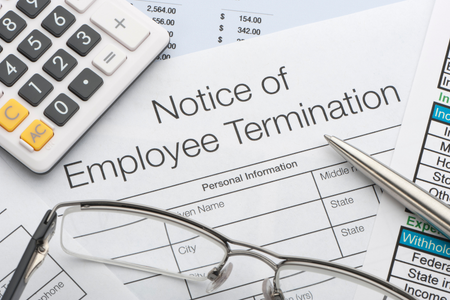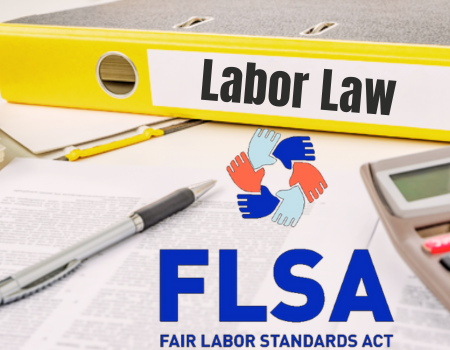The U.S. Drug Enforcement Administration (DEA) on May 16, 2024, issued a proposed rule to move marijuana from its current classification as a Schedule I drug to a Schedule III drug, thereby loosening federal DEA restrictions.
The rescheduling of a controlled substance follows a formal rulemaking procedure that requires notice to the public, and an opportunity for comment and an administrative hearing. This proposal starts the process, where the Drug Enforcement Administration will gather and consider information and views submitted by the public, in order to make a determination about the appropriate schedule. During that process, and until a final rule is published, marijuana remains a Schedule I controlled substance.
Under the CSA, Schedule I drugs have no currently accepted medical use and a high potential for abuse. Some examples of Schedule I drugs include heroin, LSD, and ecstasy. A Schedule I categorization means that not only is marijuana use (including sale, distribution, and ingestion) illegal federally, but also that researchers face strict restrictions regarding access to the product, even for research purposes only. Moreover, businesses that manufacture, distribute, or sell Schedule I drugs are unable to access the U.S. banking system, leaving businesses in the 38 states that have legalized marijuana unable to access safe banking.






